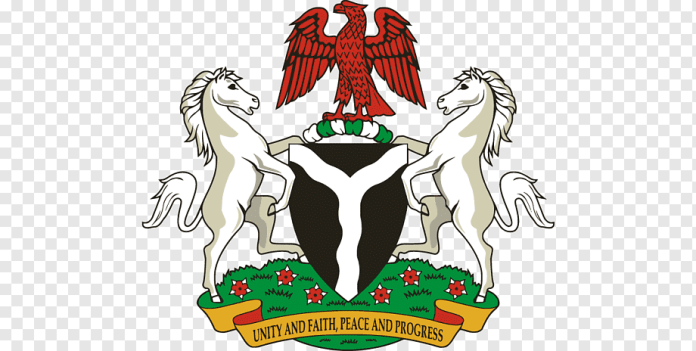By Emmanuella Oghenetega
As part of its resolutions to improve exponentially the healthcare service delivery of Nigeria, the Federal Government has unveiled biometric verification and digital expenditure-tracking systems, aimed
at ensuring transparency and accountability within the healthcare system.
This unveiling was made at the recently concluded 2025 Health Sector–Wide Joint Annual Review(JAR), and was the first open session on corruption and fiduciary risk hosted by the government, where officials acknowledged systemic weaknesses, including ghost workers and irregular payments.
The event, which according to the Permanent Secretary of the Health Ministry signified a “turning point” in the national drive toward Universal Health Coverage (UHC), was held at the Transcorp Hilton Hotel in Abuja.
Reading the communiqué at the close of the three-day meeting in Abuja, the Permanent Secretary of the Federal Ministry of Health and Social Welfare, Daju Kachollom, said the Review “has set a new benchmark for coordination and transparency in the Nigerian health sector.”
She stated, that this year’s JAR has moved mere conversations to measurable action, stating, “We now have clearer accountability structures, stronger financing commitments, and a unified national direction anchored on the principles of One Plan, One Budget, One Report, and One Conversation.”
She affirmed, that the biometric verification and digital expenditure-tracking systems will be deployed across PHCs and BHCPF facilities beginning in 2026.
The communiqué noted improvements in maternal and newborn health, with MAMII early-implementing LGAs recording up to 17% reductions in maternal mortality. But serious gaps remain: only 32% of assessed facilities meet minimum CEmONC readiness, while staffing shortages and commodity stockouts still undermine primary healthcare performance.
On health financing, the Federal Government reported that State Health Insurance Schemes and the BHCPF have now enrolled more than 2.4 million vulnerable Nigerians, though sustainability remains a concern.
Kachollom warned, “We must urgently improve budget execution and secure predictable vaccine financing. Declining external funding requires us to take full responsibility for our health financing commitments.”
One of the major highlights of the meeting was the signing of the UHC Compact Addendum, which extends commitments to private sector leaders, traditional institutions, local governments and other ministries. The new addendum is designed to strengthen accountability through clearer “Ask-and-Offer” frameworks.
Kachollom said, “The expanded UHC Compact is not just symbolic. It is a binding commitment by all players; public and private, to deliver coordinated, transparent, and equitable health services to Nigerians.”
The Review showcased significant progress in maternal and neonatal mortality reduction, primary healthcare revitalisation, health security, social health insurance expansion, digital health systems and local manufacturing.
It also highlighted promising developments in local manufacturing, with more than 40 private entities engaged under the Presidential Value Chain Initiative. Stakeholders, however, urged for continued incentives, regulatory clarity and guaranteed demand.
The government and stakeholders adopted several landmark resolutions, including: Operationalising the expanded UHC Compact Addendum by Q1 2026, deploying biometric verification across PHCs and insurance platforms, rolling out digital expenditure tracking across BHCPF facilities by Q3 2026, scaling up the MAMII programme and strengthening referral systems.
Expanding health insurance coverage to five million Nigerians, including one million vulnerable persons, by end-2026, transitioning at least 20 essential health commodities to local manufacturing by 2026, ensuring full release of Nigeria’s vaccine procurement counterpart funding, and strengthening emergency response, drug revolving fund accountability, and inter-agency collaboration.


